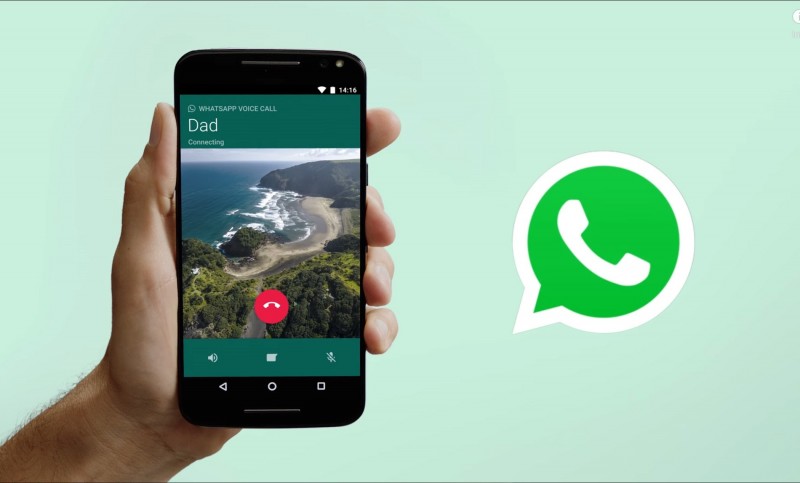
WhatsApp, the widely-used messaging platform, has recently implemented a significant change in its service. Users accustomed to enjoying the app for free are now faced with the reality that they'll need to spend money. In this article, we will delve into the details of this new rule, exploring what it means for users and how the landscape of communication is shifting.
WhatsApp, owned by Meta, has decided to end its free service, marking a pivotal moment in the app's history. Users who have enjoyed the platform without any monetary commitment will now need to adapt to the new policy.
The decision to charge users for WhatsApp services stems from the need to sustain and enhance the app's features. Meta aims to invest in technological advancements, security measures, and overall service improvement.
Users are now left wondering about the pricing structure. We dissect the various subscription plans and what each entails. From individual plans to family packages, understanding the cost is crucial for users making the transition.
This section explores the immediate and long-term effects on users. From loss of certain features to potential benefits, we cover what individuals and businesses should expect.
We discuss the features that were once free and are now part of the paid subscription. Users must weigh the value of these features against the incurred costs.
With WhatsApp's policy shift, users may be seeking alternatives. We highlight some popular messaging apps that offer both free and premium services, allowing users to make informed choices.
Competing messaging platforms are capitalizing on this opportunity. We explore how other apps are positioning themselves to attract disgruntled WhatsApp users.
This section delves into the public's response to WhatsApp's decision. From social media outrage to those supporting the move, we capture the diverse sentiments surrounding this change.
We look at how WhatsApp is addressing user concerns. From clarifications on the new policy to potential adjustments based on feedback, understanding the company's stance is crucial.
For users grappling with the transition, we provide a practical guide. From updating the app to selecting the right subscription plan, we break down the steps to ease the process.
Users can still make the most out of WhatsApp's new paid services. This section offers tips and tricks to ensure users get the best value for their money. In conclusion, WhatsApp's shift from a free service to a paid model marks a significant change for users worldwide. Adapting to this transformation requires a thorough understanding of the new policies, weighing the costs against the benefits, and exploring alternative platforms. As communication landscapes evolve, users must navigate these changes to maintain seamless connectivity.
BRO Implements Indigenous Technology for High-Altitude Bituminous Roads at Indo-China border
Redmi launches 3 new phones, know everything from price to camera and battery performance